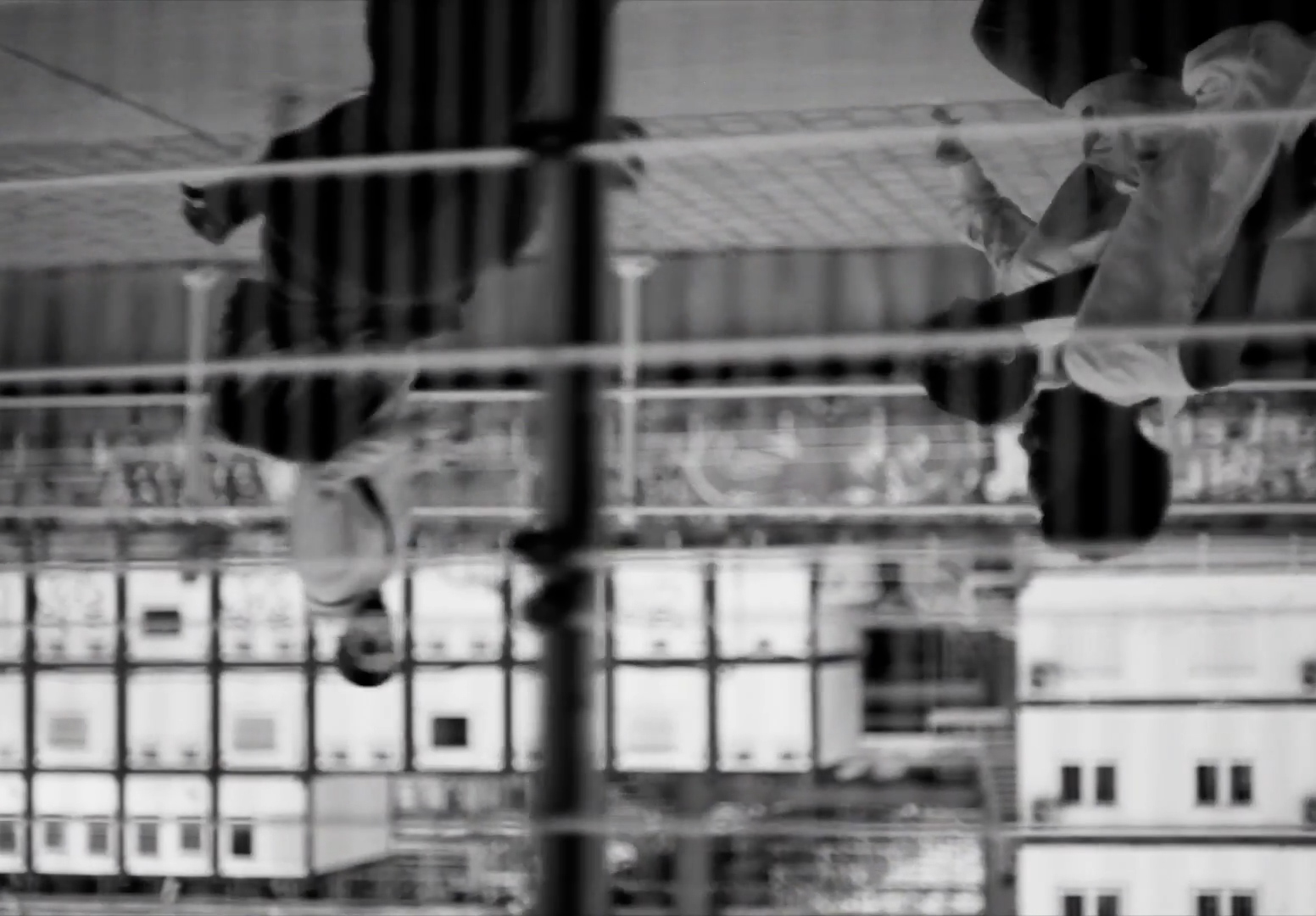LA RUE C’EST LA VIE
August 20, 2017
La Rue C'est La Vie is a project that originated when Jef was in Congo to make images for an Entrepreneurs For Entrepreneurs project. African street children were enthused to exchange the glue bottle for free training as a bricklayer, plumbers, …
The street children in Lubumbashi struck a chord with Jef, and he and Elisabeth decided to organize a fundraiser to support the children who dared to make that difficult choice with something 'simple' like a real bed.

The ILA Foundation was founded together with many photographer friends. They could donate a work for an auction, which actress Veerle Eyckermans led from the Zuiderpershuis in Antwerp.
The action received tons of visibility in De Morgen, De Standaard, Focus Knack, etc., which raised no less than 14,000 euros.
Profits were transferred directly to Don Bosco in Lubumbashi.
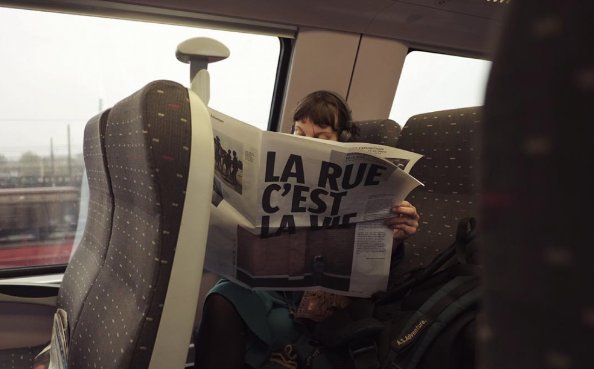
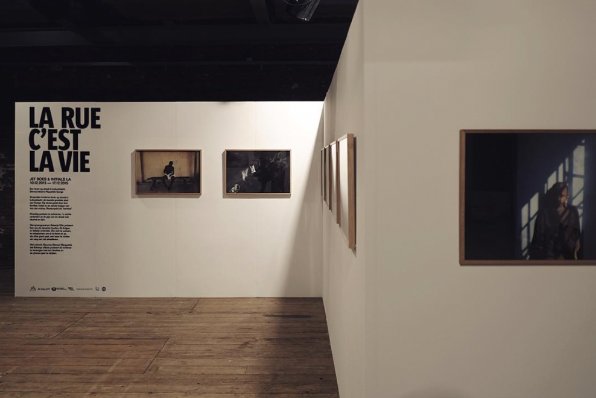
Life on the street in Lubumbashi, Congo (DRC)
Thousands of children live on the streets of Lubumbashi, the capital of Katanga province in Congo (DRC). Their families disowned most after the death of one, or both parents shattered them, and the child is labeled bewitched.
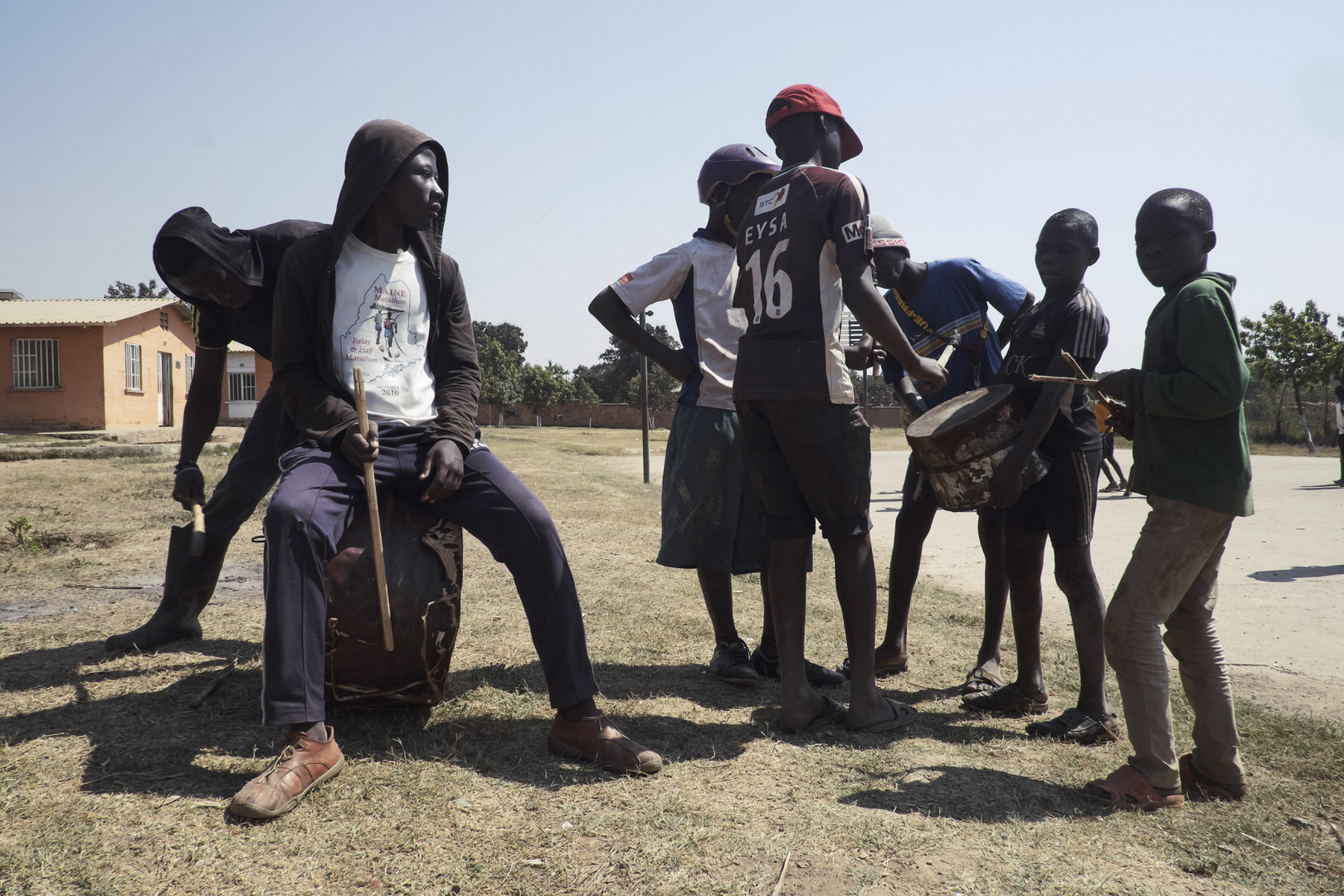
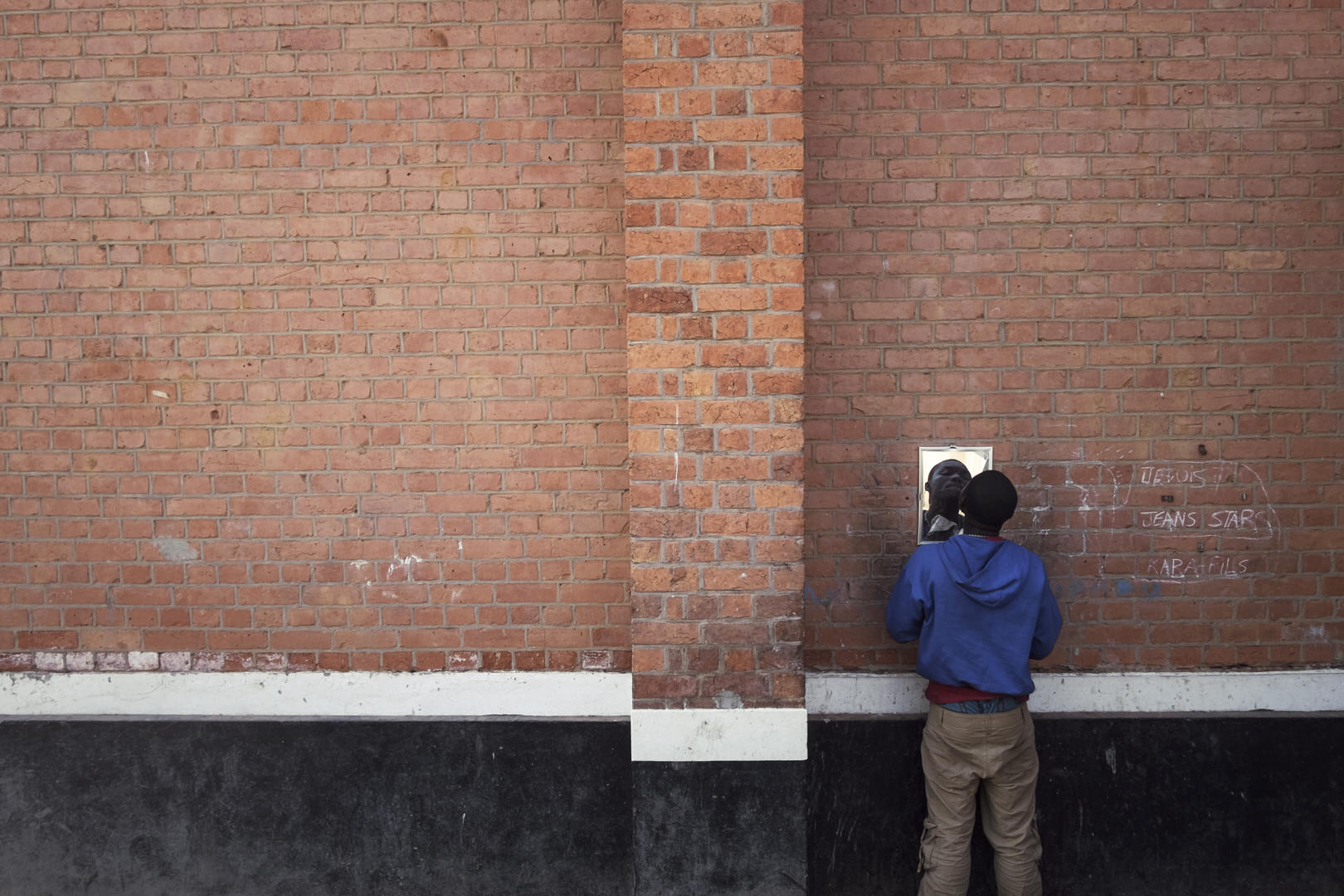
During the day, the children polish shoes or collect empty bottles for the deposit. In the evening, the money they have earned is collected, and they cook. Fufu, a solid paste obtained from manioc, is often on the menu. The children sleep in groups, often in front of shops with the owner's permission. After all, the chance of theft is much smaller when there are a lot of children in front of the door. Lubumbashi catches fire at night; burning heaps of rubbish illuminate the streets. Street children often help collect the garbage and keep the fire going.

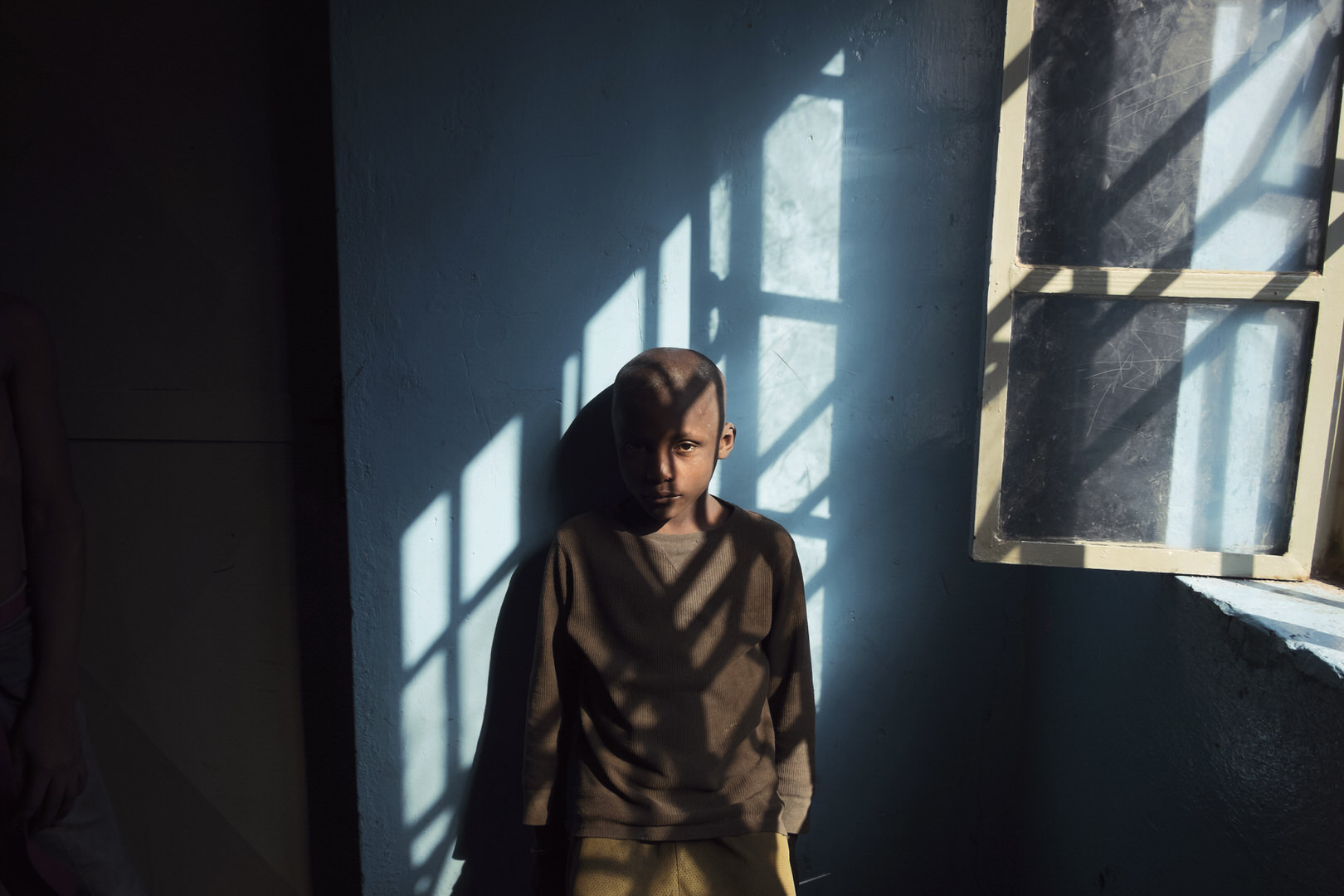
Violence from street children and drugs are part of the existence of the children, some as young as five years old. Alcohol and marijuana are two popular stimulants, although the youngest mainly abuse glue. They do this to relieve the pain of the street.
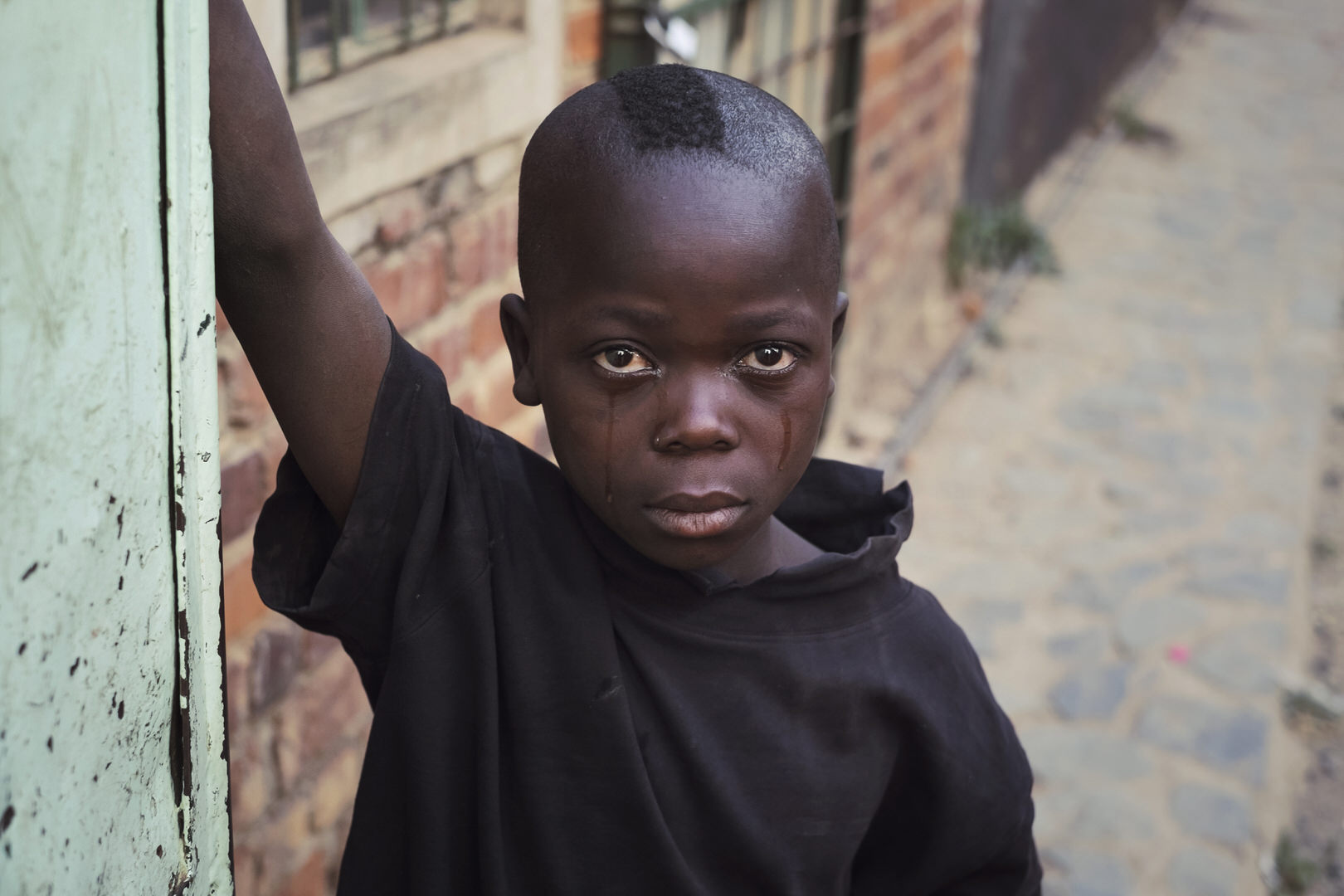
In the reception center Bakanja Ville, the boys among them can wash themselves, an essential service. The dormitory, which serves as a relaxation room during the day, fills up at night with about thirty children, an unpleasant smell, and thin sheets of insulating foam that serve as a mattress.
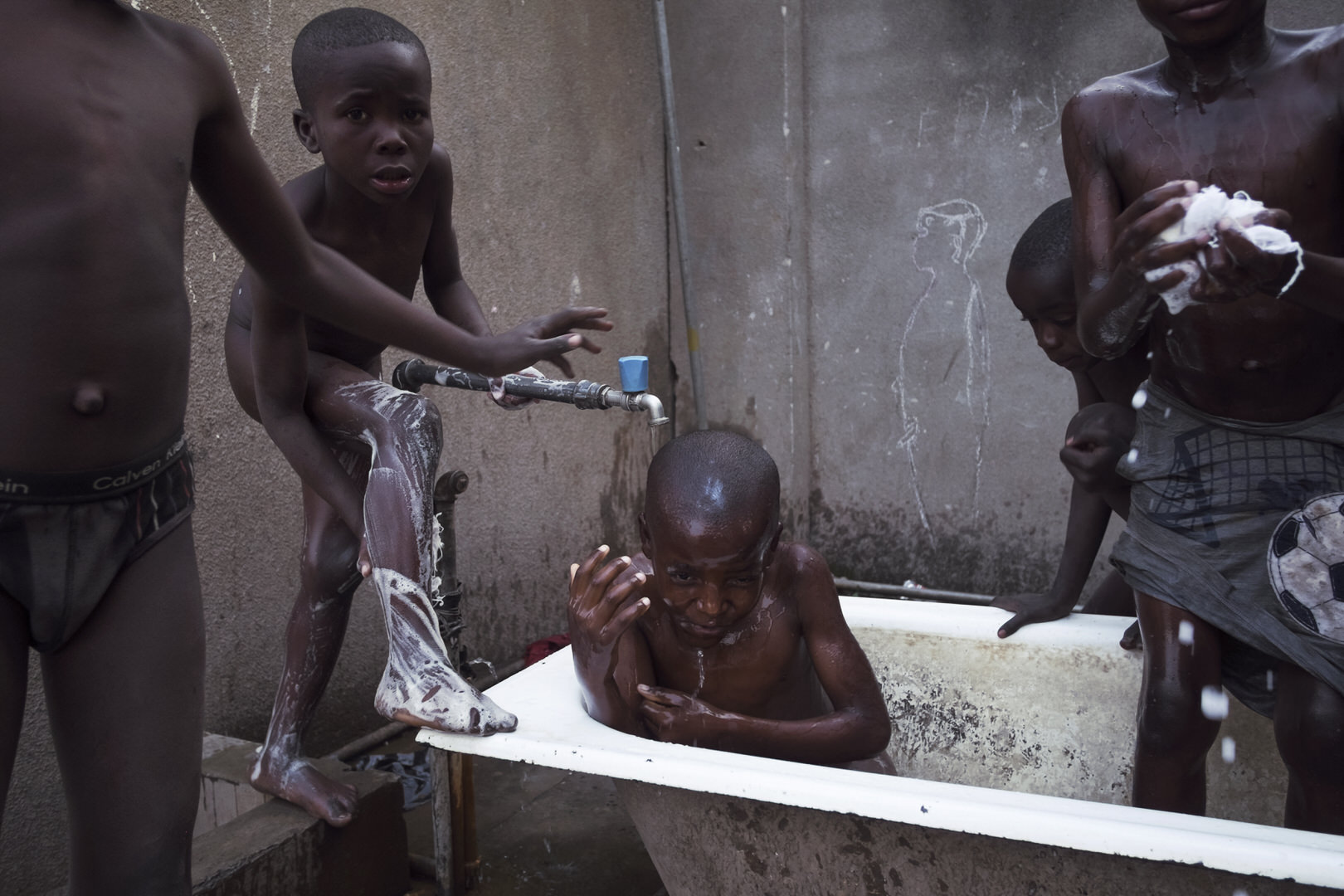
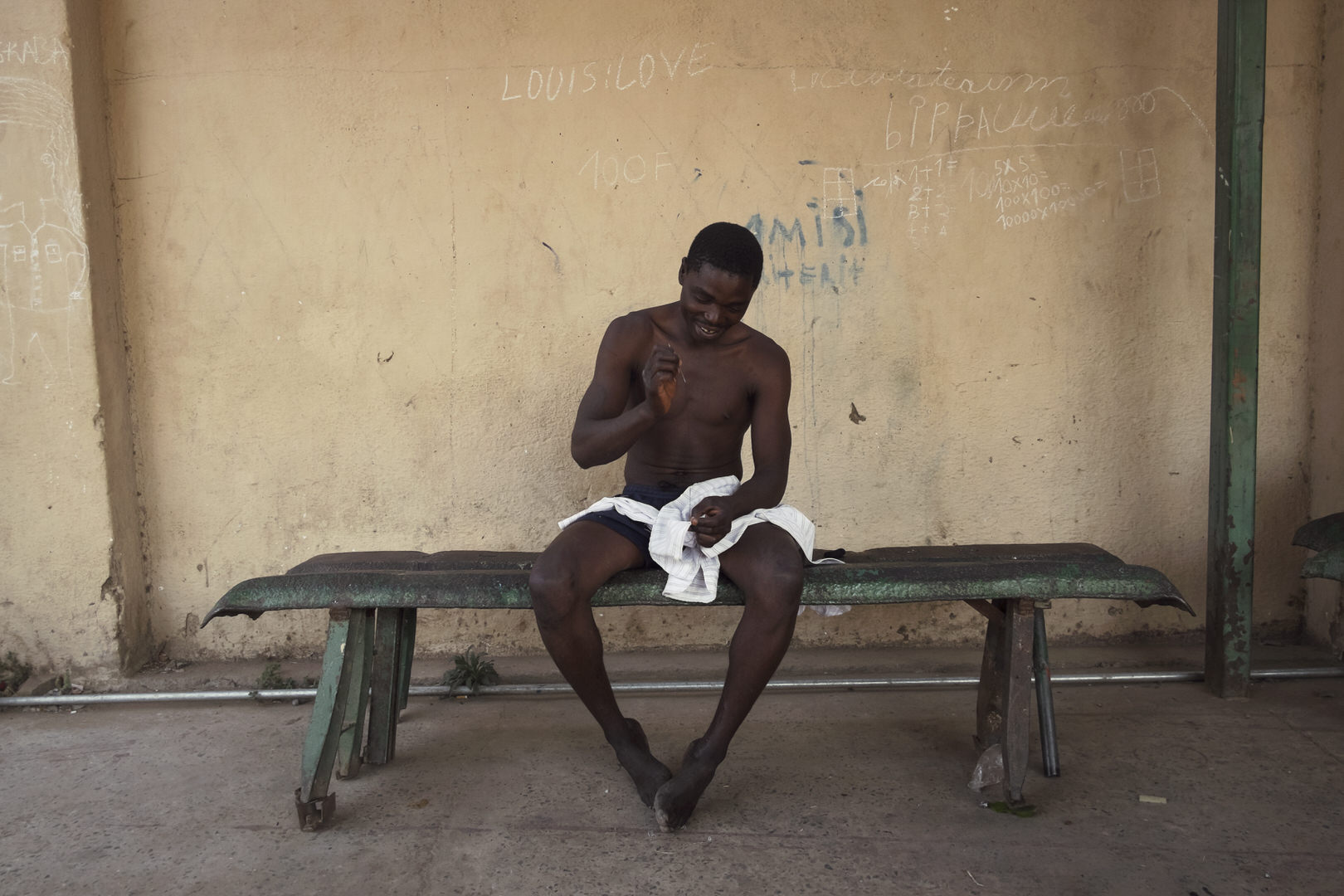
The network Oeuvres Maman Marguerite that Bakanja runs invariably tries to reunite the children with their families and smooth out the folds. It offers the children a temporary roof over their heads, relaxation, and education and, if all goes well, helps them to get a job and a life away from streets unworthy of the name.

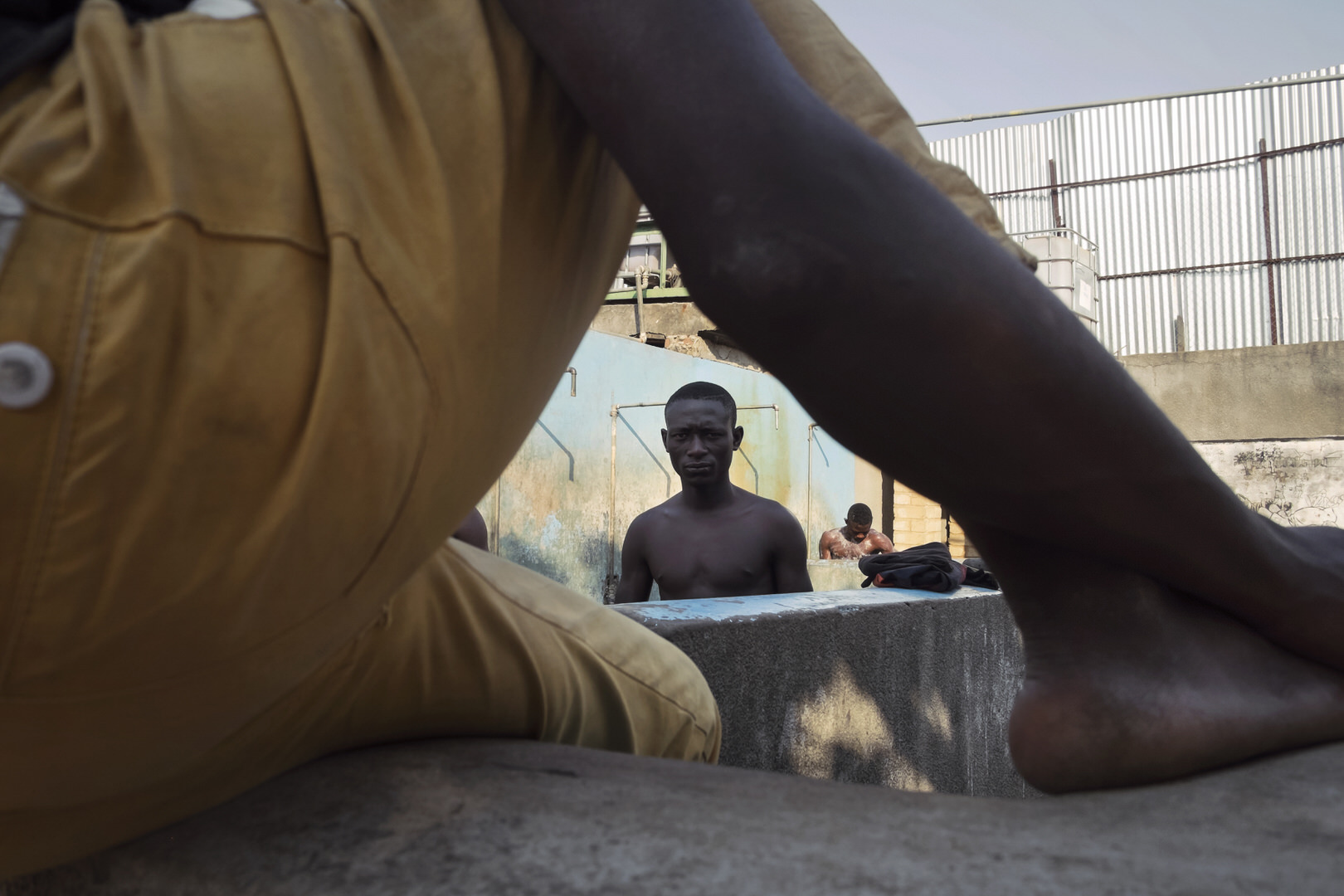
With the help of the network, many former street children work their way up and find work. The specialized employment agency Maïsha bears a significant responsibility here. Former street children become entrepreneurs or can work for someone, although not every story ends so positively.
Bakanja Centre hosts about 85 internal and 280 external children from 6 to 18 years. The Centre focuses on the willingness of the child to leave the street, which will lead to an ultimate goal of reintegration, by following a few steps: identification, social surveys, family orientation or reintegration into another home rehabilitation, schooling or literacy, along with extracurricular activities. It also serves as a transit center for interns who will be sent to vocational centers where they can learn a trade. Moreover, Bakanja Centre features a clinic to treat not only all the children and WMO staff but also the impoverished surrounding communities.
